![Rereading Russian Classics in the Shadow of the Ukraine War [The New Yorker ·January 23, 2023] Rereading Russian Classics in the Shadow of the Ukraine War [The New Yorker ·January 23, 2023]](https://www.rulit.me/data/programs/images/rereading-russian-classics-in-the-shadow-of-the-ukraine-war_756153.jpg)
Аннотация
(Russian literature curricula are already changing, in the wake of the Ukraine war. The Association for Slavic, East European, and Eurasian Studies, a leading professional organization, has dedicated its 2023 conference to the theme of decolonization.)
In Tbilisi, it seemed clear that the Russian Empire had required vast resources of imagination to build and to sustain—and that my favorite novels might have played a role. In “Eugene Onegin,” I kept coming back to Tatiana’s husband, a war hero “maimed in battle.” Though mentioned only briefly, he’s the catalyst for Tatiana’s transformation—the reversal that makes Onegin fall in love with her. We never do learn whom the general himself may have maimed. The maiming that we do see: Tatiana gazing emotionlessly at Onegin; Onegin corpselike and grovelling, as the general’s spurs clink in the hallway. Tatiana reminded me now of the Circassian girl in “Prisoner of the Caucasus,” who also loves in vain, until she aligns herself in a self-annihilating way with the interests of the Russian Empire. And wasn’t that Pushkin’s arc, too? Tatiana wrote a rash declaration to Onegin; Pushkin wrote a rash ode to freedom. Tatiana became the social queen of St. Petersburg, Pushkin its foremost poet.
As for “Anna Karenina,” it really does start where Onegin ends: with a flawlessly dressed heroine married to an influential imperialist. The tension between center and periphery is woven into the plot. The character of Karenin, a statesman involved in the resettlement of the “subject races,” turns out to be partly based on Pyotr Valuev, the Minister of the Interior from 1861 to 1868. Valuev oversaw the Russian appropriation of Bashkir lands around the Ural Mountains—and also issued a notorious decree restricting the publication of Ukrainian-language educational and religious texts throughout the Empire. (It reads, in part, “A separate Little Russian language never existed, does not exist, and shall not exist.”)
Unlike Tatiana, Anna doesn’t remain faithful to her empire-building husband. She leaves Karenin for Vronsky, who turns down a prestigious military post in Tashkent in order to travel with her to Italy. But the Imperial Army gets Vronsky back in the end. That final image of Anna’s lifeless head is actually a flashback Vronsky has, on his way to join a Pan-Slavic volunteer detachment fighting the Ottomans in Serbia. With Anna dead, and the love plot over, his only desire is to end his own life, and to kill as many Turks as possible in the process. To quote a recent think piece titled “Decolonizing the Mysterious Soul of the Great Russian Novel,” by Liubov Terekhova—a Ukrainian critic who was reassessing “Anna Karenina” from the United Arab Emirates, as Russia bombed her home city, Kyiv—“Russia is always waging a war where a man can flee in search of death.”
![Американка Селин поступает в Гарвард. Ее жизнь круто меняется – и все вокруг требует от нее повзрослеть. Селин робко нащупывает дорогу в незнакомое. Ее ждут... Идиот [litres]](https://www.rulit.me/data/programs/images/idiot-litres_573214.jpg)
![«Лишний человек», «луч света в темном царстве», «среда заела», «декабристы разбудили Герцена»… Унылые литературные штампы. Многие из нас оставили знакомство с... Бесы. Приключения русской литературы и людей, которые ее читают [litres]](https://www.rulit.me/data/programs/images/besy-priklyucheniya-russkoj-literatury-i-lyudej-kotorye-ee-c_548897.jpg)
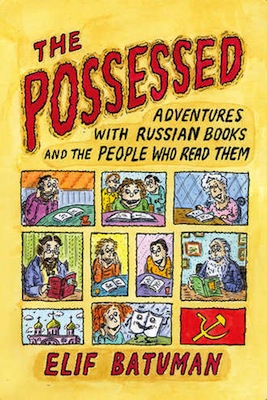
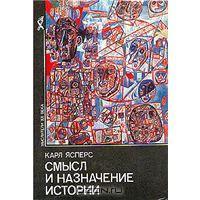

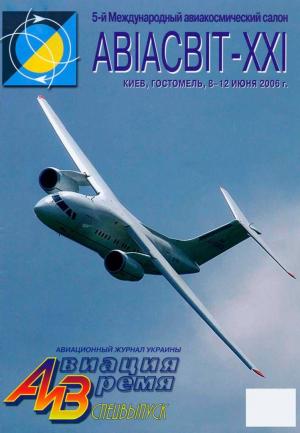
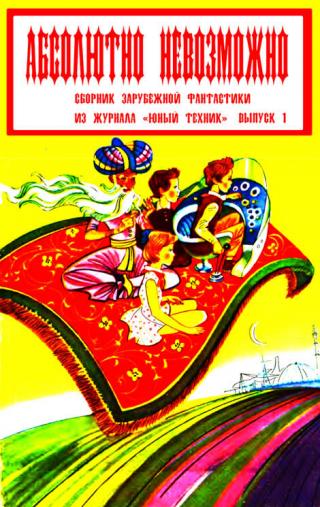
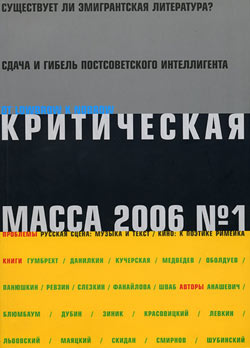
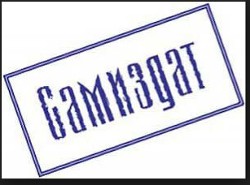
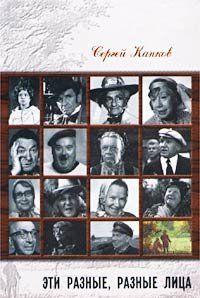
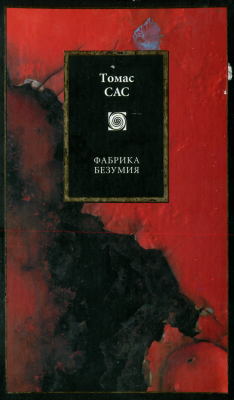
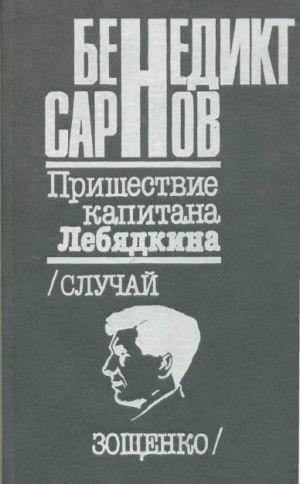
Комментарии к книге "Rereading Russian Classics in the Shadow of the Ukraine War [The New Yorker ·January 23, 2023]"